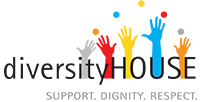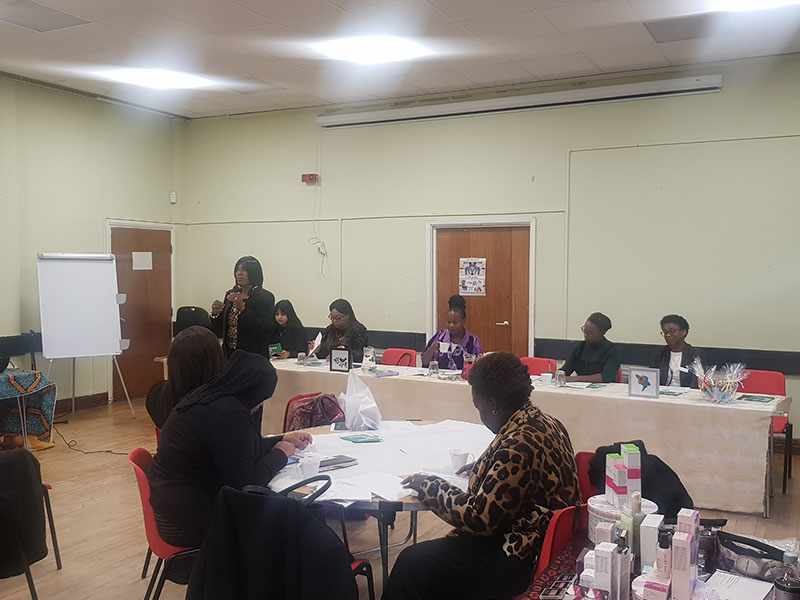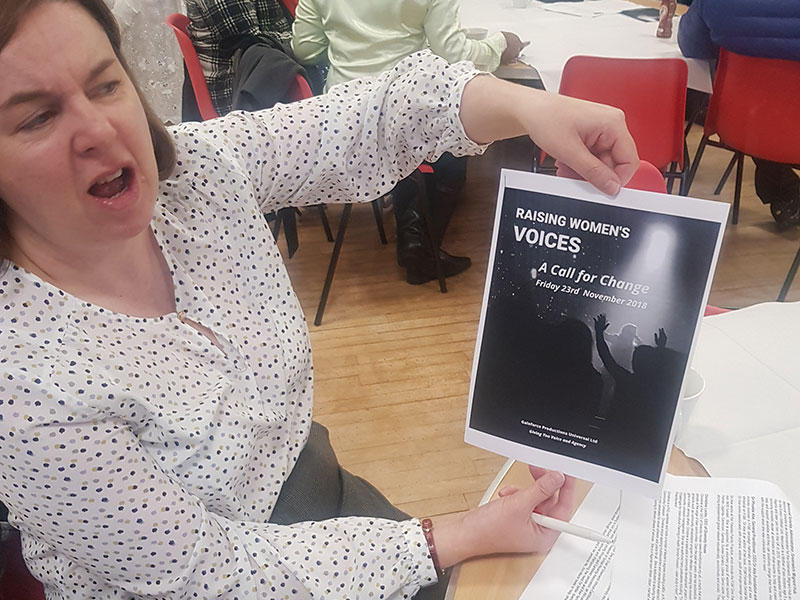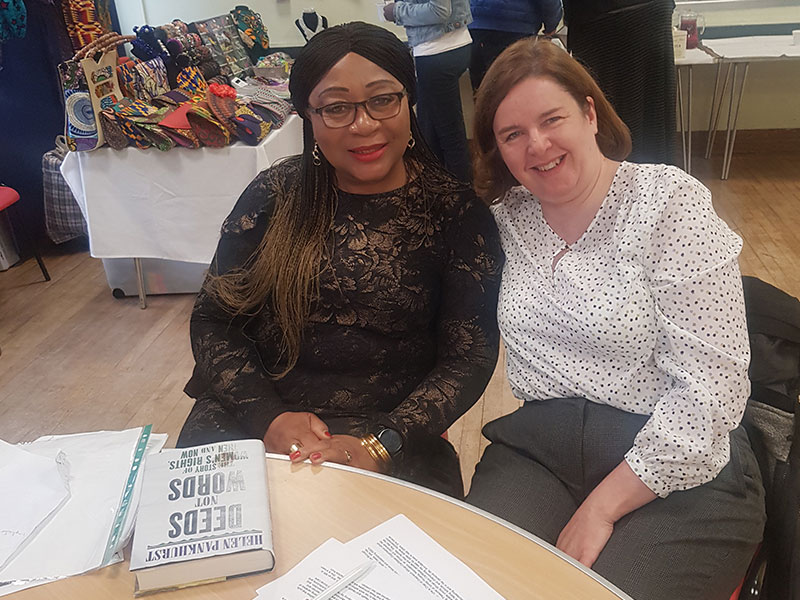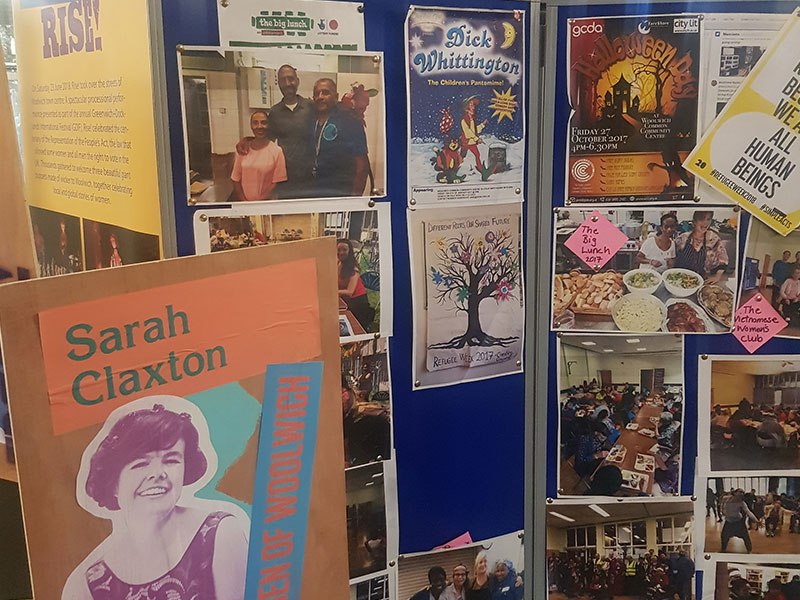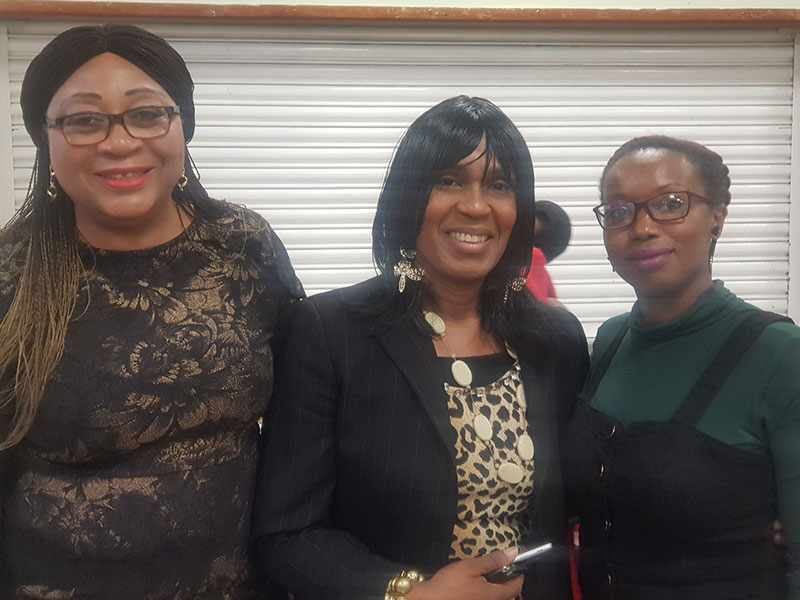Historically, violence towards women was accepted dating as far back as the Romans regarding being able to beat one’s wife. English Common Law stated a man could beat his wife with a stick no longer than his thumb. However, due to the rise of feminism this law became illegal. However, one can argue the legislation around domestic violence has changed, yet the institutions and legislation which support society seem as prejudice towards women, this is also a view which has been highlighted by Professor Philip Alston of the United Nations Special Rapporteur.
Alston, highlights in his report(you can view his 24 page report here) which was published in Nov 2018 states women are particularly affected by poverty. Universal credit, the single payments which are set up, so the payments are placed into the account of one person in the household can potentially cause problems, by giving control of the payments to a financial or physically abusive partner.
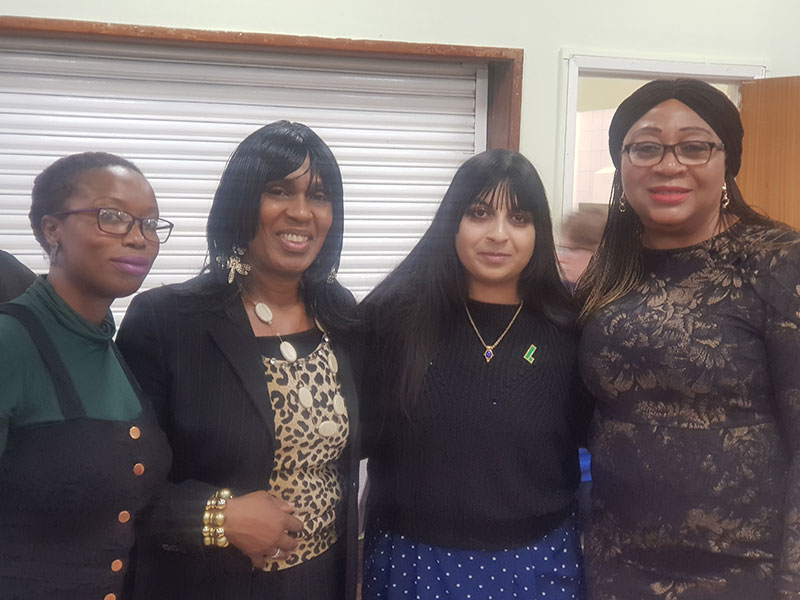
Beyond, those who can access benefits there are still major hurdles to overcome for those who are experiencing any form of domestic violence and in addition have no access to public funds. The added challenge of not being able to access public funds creates a cycle were by the victim is unable to leave their partner due to fear, their immigration status, language barriers, limited social network, risk of homelessness or being denied access to their children.
on Friday 23rd November a group of practitioners within various spheres of health care, community leaders, community members, human rights campaigners and legal practitioners came together to discuss and find solutions for a white paper. The CEO of Diversity House Christine Locke spoke about the implications and the effects no access to public funds has on women.
The aim of Raising Women’s Voices a Call for Change, is on how woman with no access to public funds can be better supported. Everyone shared their experiences, ideas and recommendations on what mechanisms, services or support could be put in place, the information was collected and will be included in their white paper.
If you would like to share your recommendations or would like a copy of the white paper when it is published please contact Galeforce Productions
References:
https://www.cji.edu/site/assets/files/1921/domestic_abuse_report.pdf

